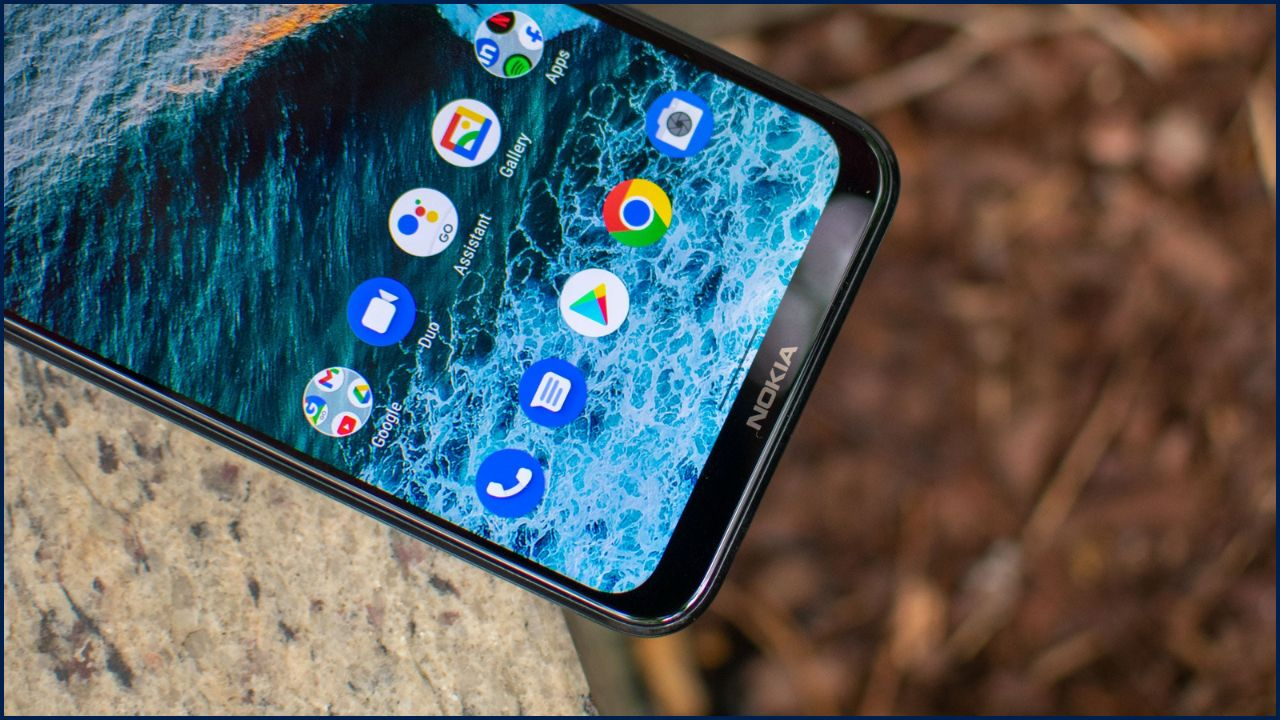A promotional offer claiming that the Oppo Reno Premium smartphone is available for ₹10,000 has sparked widespread interest and caution across India. The deal, circulating on social media platforms and unverified e-commerce websites, promises a device with a 200MP camera and 6000mAh battery — specifications that usually accompany premium smartphones priced between ₹40,000 and ₹60,000.

While the offer has attracted thousands of online searches, neither Oppo nor any authorised retailers have confirmed its legitimacy. Technology experts and consumer authorities have warned that the promotion may be part of a growing wave of online scams targeting Indian smartphone buyers.
Oppo Denies Involvement in Discount Campaign
An Oppo India spokesperson stated that the company “has not issued or endorsed any discount campaign involving a model called Oppo Reno Premium at the mentioned price point.” The official added, “Any legitimate offers are always published through our official channels or authorised partners.”
The current Oppo Reno 14 and Reno 14 Pro retail between ₹37,000 and ₹50,000, depending on model and storage variant. None of these models feature a 200MP camera. The stark price gap has led analysts to suggest that the so-called “Oppo Reno Premium Discount” is almost certainly fraudulent.
Consumer electronics analyst Ankit Sharma, based in Bengaluru, explained, “Deals like these often use brand names and inflated specifications to lure buyers into paying for counterfeit or non-existent products.”
A History of the Reno Series in India
Since its debut in India in 2019, the Oppo Reno series has positioned itself as a mid-to-premium smartphone line known for sleek design and camera innovation.
- Reno 10 started around ₹32,000.
- Reno 12 Pro launched at ₹47,999.
- Reno 14 Pro, released earlier this year, is marketed as a flagship camera phone with AI-enhanced photography and battery optimization features.
The Reno lineup has built a loyal customer base, making it an ideal target for scammers aiming to exploit its brand recognition.
Rising Scams in the Indian Smartphone Market
According to data from the Consumer Affairs Ministry of India, online complaints involving counterfeit or misleading smartphone sales rose by 28 percent in 2024, with most cases originating from unofficial sellers on smaller e-commerce platforms.
Ritu Mehta, senior advisor at the National Consumer Helpline (NCH), said, “Scammers understand how popular brands work in India. By copying promotional language and brand design, they create fake offers that look convincing.”
Legal and Regulatory Backdrop
India has tightened its Consumer Protection Act in recent years to address the surge in online fraud. The Department of Consumer Affairs requires e-commerce companies to display seller details, return policies, and clear product specifications.
However, enforcement remains a challenge. Many scam websites operate briefly, collect payments, and disappear. CERT-In, India’s cybersecurity agency, recorded over 1,200 scam domains linked to electronics offers between January and August 2025 alone.
Advocate Meera Krishnan, a consumer rights lawyer, noted, “Fraudulent sellers often operate outside India, making legal recourse complex. Stronger cross-border cooperation is needed to shut down scam networks.”
Real Consumer Experiences Highlight Risks
Ravi Kumar, a 27-year-old software engineer from Hyderabad, shared his experience with a similar fake offer last year. “I saw an ad offering a ‘OnePlus 11 Pro’ for ₹12,000. I paid online and never received a device. The website was gone within days.”
According to the NCH’s annual report, over 14,000 complaints related to smartphone fraud were registered in 2024, representing a 36 percent increase compared to the previous year.
E-commerce Platforms and Brand Responses
E-commerce platforms such as Flipkart and Amazon India have stated that they regularly remove fraudulent listings and have strengthened seller verification protocols. However, fake listings continue to emerge through external links, social media promotions, and clone websites.
Oppo, for its part, has filed legal complaints in the past against counterfeiters. In 2023, the company cooperated with law enforcement to dismantle a fake website that had defrauded more than 5,000 buyers.
A spokesperson from Flipkart said, “We encourage customers to purchase only from verified sellers. Any offer shared on unofficial websites should be treated with extreme caution.”
Global Perspective: A Growing Digital Threat
Smartphone scams are not unique to India. The Federal Trade Commission (FTC) in the United States and Europol in Europe have also issued alerts about counterfeit electronics scams. Cybercriminals are increasingly using AI-generated product photos and deepfake promotional videos to make fraudulent ads look authentic.
Cybersecurity researcher Arjun Menon from the Indian Institute of Technology (IIT) Delhi explained, “Deepfake technology allows scammers to mimic official brand representatives, creating fake video ads that can fool even cautious buyers.”
Economic Impact of Counterfeit Electronics
The Confederation of All India Traders (CAIT) estimates that counterfeit smartphone sales cause an annual loss of ₹4,500 crore to legitimate retailers and tax revenues. The availability of cheap, fake devices also undermines consumer trust in genuine online marketplaces.
Economists argue that stronger regulation and public-private partnerships are essential to combat these losses.
How Consumers Can Protect Themselves
Five critical checks before buying online:
- Verify the official website or authorised seller.
- Check the IMEI number using government portals.
- Avoid deals shared through WhatsApp forwards or SMS links.
- Use secured payment options that offer refunds.
- Report suspicious offers immediately to the NCH or the Cyber Crime Portal.
Expert Opinions Call for Stronger Safeguards
Dr. Priya Khanna, a researcher at IIM Ahmedabad, said, “Digital literacy is as important as cybersecurity infrastructure. When consumers know how to verify offers, scammers lose leverage.”
Rajesh Tandon, policy director at the Cellular Operators Association of India (COAI), added, “India’s smartphone market is growing rapidly, and so must the regulatory shield around it.”
Nokia Fire Pro 2025 with 200MP AI Camera and 7200mAh Battery – Dhamaka Offer for First Buyers!
Conclusion: Vigilance is the Best Defence
The Oppo Reno Premium discount may have caught the public eye, but experts stress that legitimate premium smartphones almost never retail at steep discounts without official announcements. As India’s digital economy expands, consumer awareness, legal enforcement, and responsible platform behaviour will remain central to protecting buyers.

















